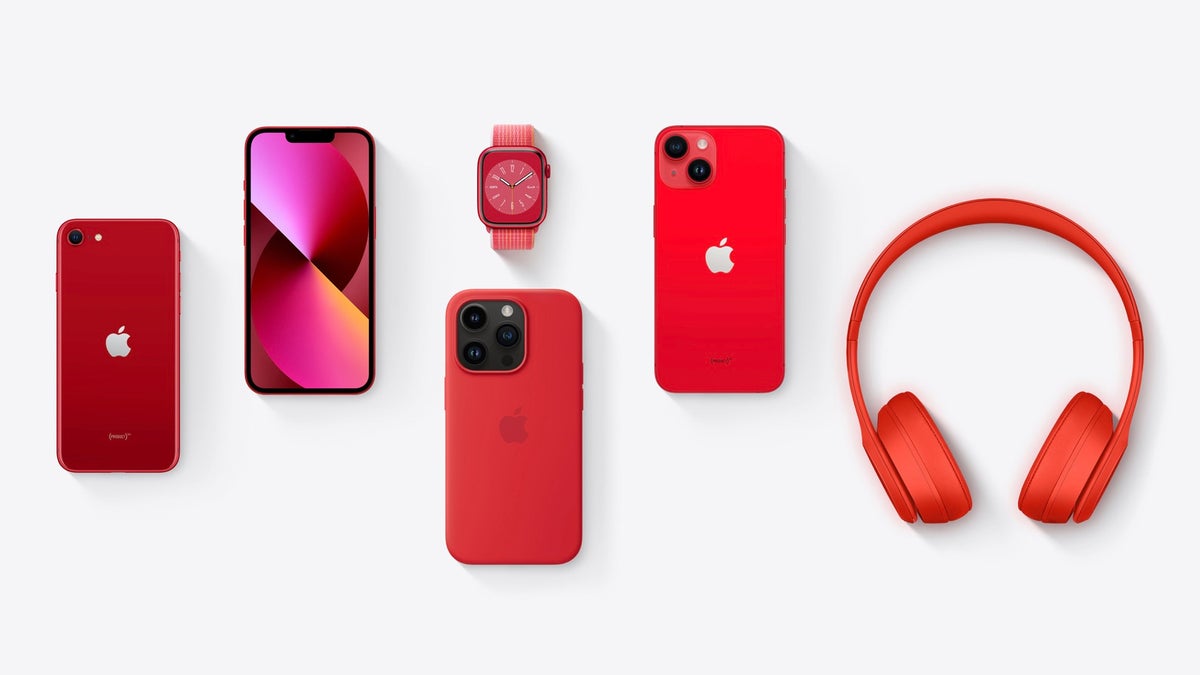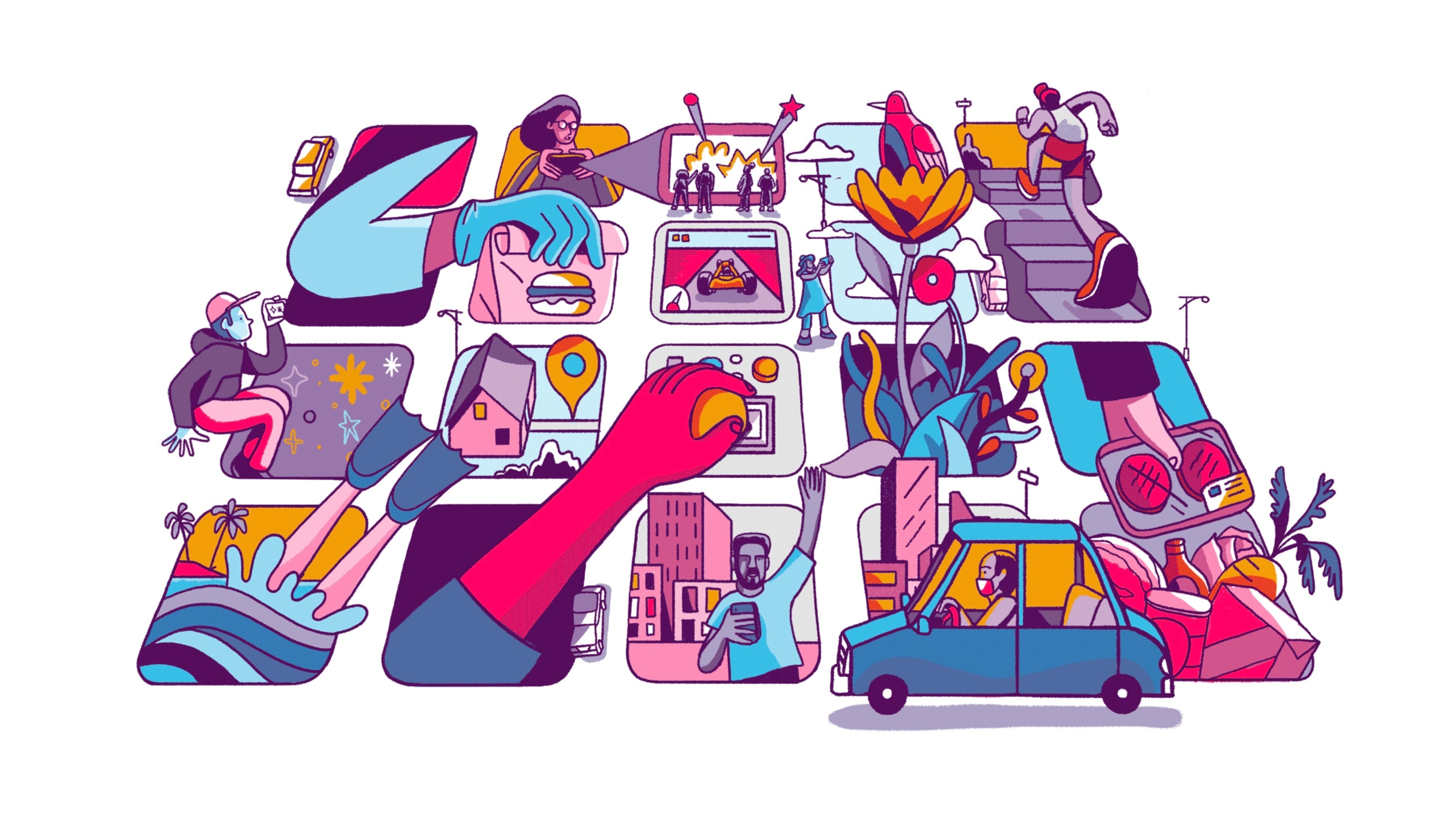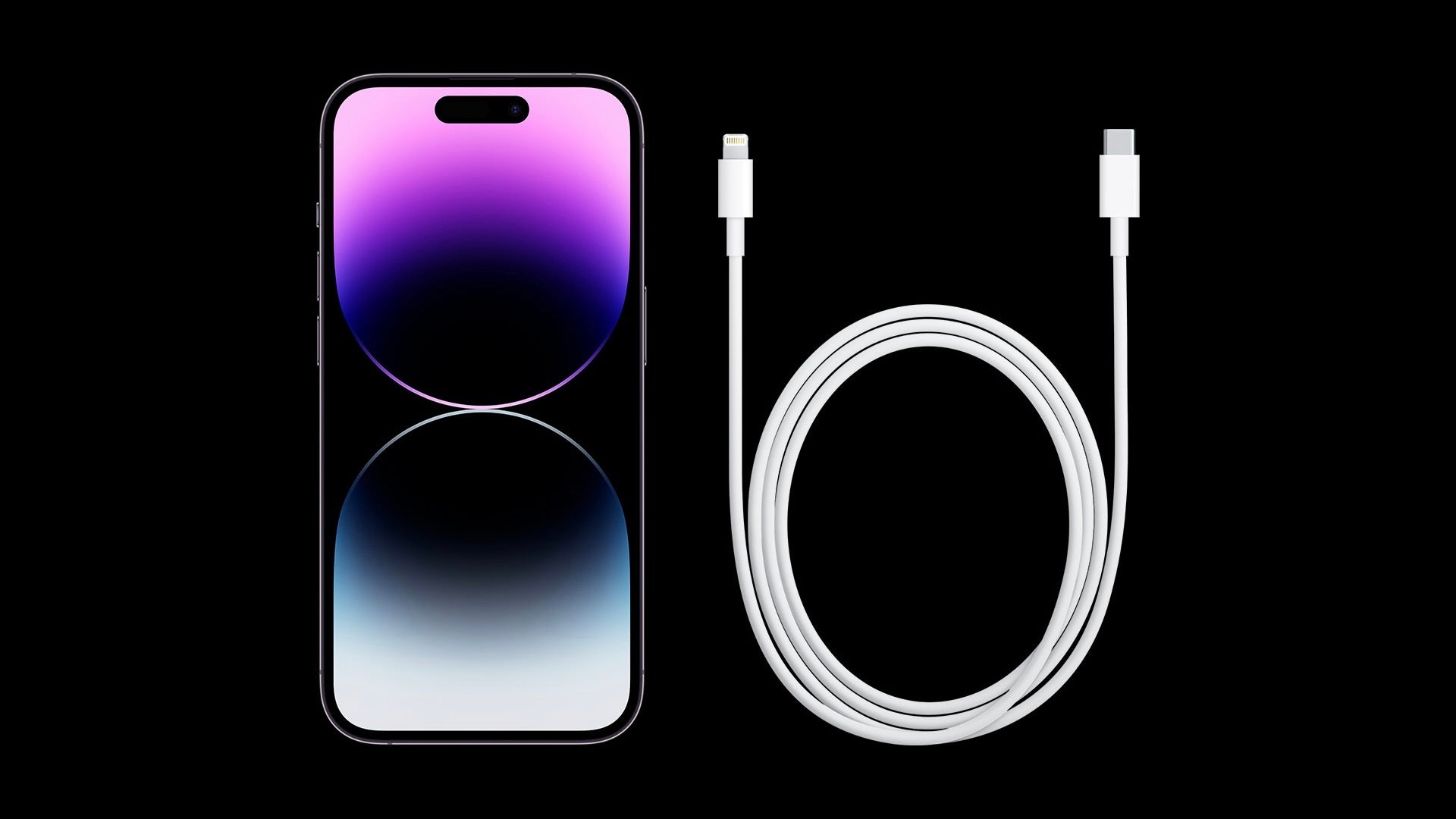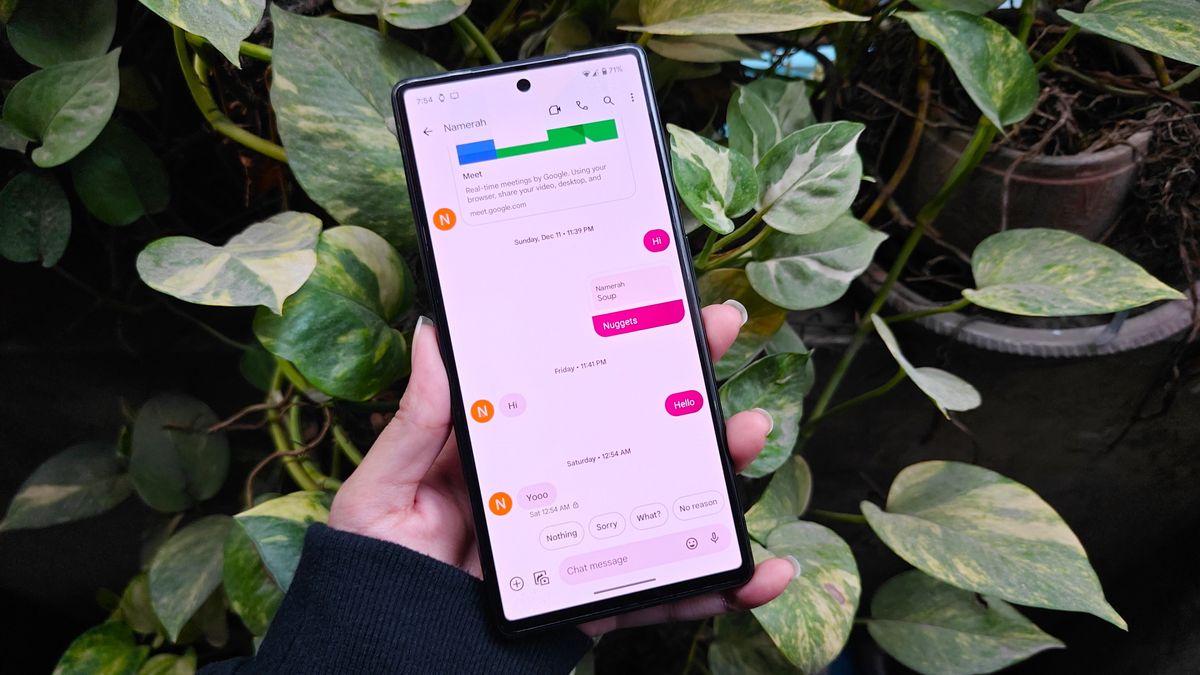The Cult of Apple: How far does the tech giant go in preserving the integrity of its ecosystem?

That flashy $799 Apple Watch Ultra is useless if you choose to switch to an Android smartphone. What about the $249 AirPods Pro 2? Good luck using all the fancy audio features without an iPhone. In a way, Apple reminds me of a line from the song Hotel California – “you can check out whenever you want, but you can never leave”. Unless you’re throwing away thousands of dollars’ worth of technology…or finding a way to sell it, of course.
The cracks in the Apple ecosystem

You may be wondering why I decided to bring this up now. After all, most of what I said is now common knowledge in the tech community. The thing is, parts of Apple’s strategy aren’t just dark — some are even illegal, and the first cracks in the model are starting to show.
Granted, not in the US, where Big Tech cannot be effectively contained. But in other parts of the world, such as the EU, Apple has come under serious fire from lawmakers for its cross-border anti-competitive market practices. I will mention two things in particular: the Lightning port and the App Store.
The Lightning port

The first is a particularly interesting case study. Apple was the first technology giant to determine how harmful power adapters are when it comes to e-waste. The response was controversial to say the least. The Cupertino company took the charger out of the box and made billions from it.
Do you know what could be even better for the environment than forcing users to buy a separate power adapter? Actually moving towards a common charger and, by extension, adopting a common port – something Apple vehemently opposed. Coincidentally, the latter is now also legally required in the European Union.
If Apple refuses to move to USB-C with the iPhone 15 lineup, the device will be banned from the EU market altogether. However, because Apple is Apple, it has tried to explore the gray area in an attempt to bend the rules again.
The company is reportedly looking at ways to limit some of the USB-C port’s functionality when it’s not connected to a proprietary Apple cable. Needless to say, this defeats the purpose of a common port in the first place. The EU Commission has since indicated that if Apple decides to introduce such restrictions, the iPhone 15 is not sold in the EU.
You could argue that Apple would then give up on the idea, but I think the company will get more creative. For example, it could sell different versions of the iPhone 15 in the EU and the rest of the world. That way, the Apple ecosystem remains intact outside of Apple’s second largest market.
The AppStore

This may sound ridiculous on paper, but the Cupertino company is already considering such a move with iOS 17. The update should finally enable sideloading and support for third-party app stores to comply with existing EU law.
For reference, its own App Store is one of Apple’s largest sources of revenue, and its high fees have been widely criticized by developers. However, if you want to access iOS users, you must abide by Apple’s rules. The alternative would mean losing billions of potential customers.
So, in the spirit of the market economy, the EU is now demanding that Apple allow users to buy and download apps from elsewhere. The caveat? According to Mark Gurman of Bloomberg, only iPhones in the EU support sideloading.
Conclusion: Will Apple Collapse?

One of the main implications of Apple’s current approach is that users outside the EU will end up with an inferior iPhone. Is this really good product design? And is such an aggressive tactic really necessary? These are questions I have no answer to.
In my opinion, Apple’s products are good enough as they are, and they would thrive even without the limiting elements of the Apple ecosystem purely on their individual merits. In addition, at the end of the day, the majority of users do not want to escape the latter at first.
What’s more, what Apple is doing now goes beyond locking users into a golden cage. The Cupertino company is trying to bend the law to throw away the key. Such a move is confusing when it comes from a company with more than 50% market share in the largest consumer market in the world. It’s also not up to the high standards that Apple ostensibly stands for.













